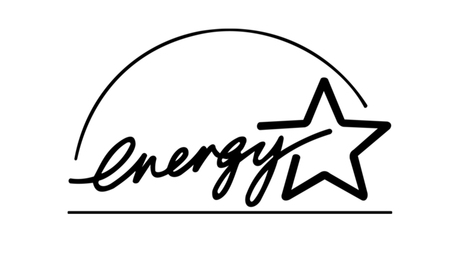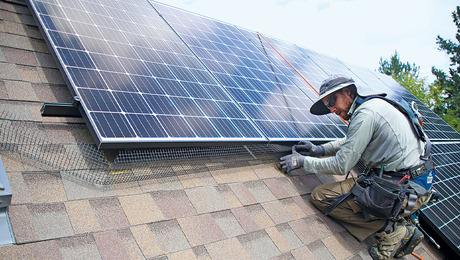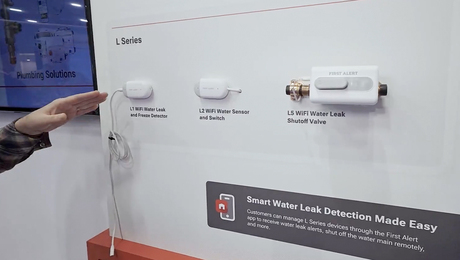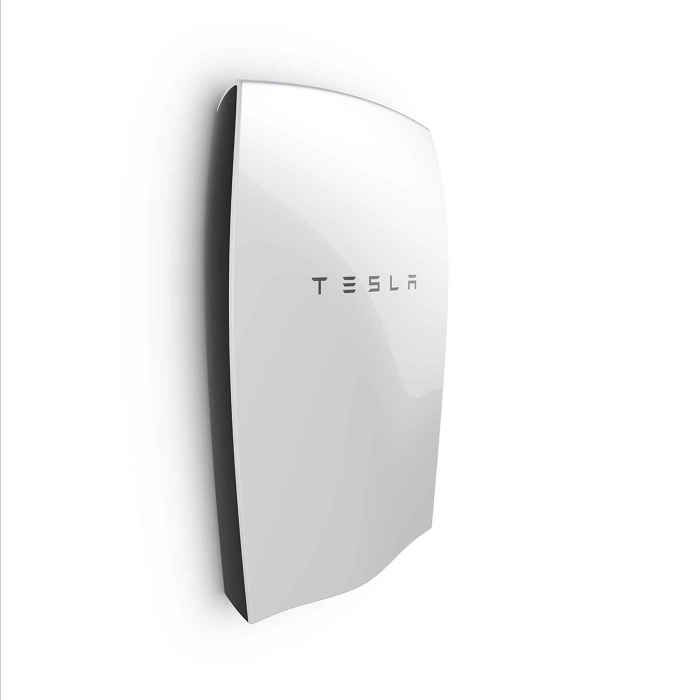
Later this year, Tesla Motors will begin selling two versions of a lithium-ion battery to homeowners who either want to store power generated by their photovoltaic (PV) systems or store utility electricity purchased when rates are low.
The lithium-ion batteries for home use, called Powerwall, is part of a rollout announced by Tesla CEO Elon Musk. The product line also includes batteries for businesses and utilities, all derived from the batteries that power Tesla’s Model S electric vehicle.
Batteries will be connected to the internet, allowing them to be managed remotely by Tesla, according to an article in The New York Times.
Powerwall batteries have three potential uses, according to Tesla’s website:
Backup power for times when the grid is down.
Storing electricity purchased at low, overnight-rates for use during the evening when peak rates typically apply, what the company calls “load shifting.”
Storing power generated by PV systems for use at a different time of day.
Batteries will be available in two configurations–a 7kwh version for $3000, and a 10kwh model for $3500. They will be able to provide 2kw of continuous power and 3.3kw of peak power, and up to 450v. Two or more batteries can be paired for houses that need more storage capacity. The batteries will carry a 10-year warranty.
Sungevity also offers batteries for homeowners
Tesla isn’t alone. The Oakland, Calif.-based solar company Sungevity has announced it will begin offering a home-battery system manufactured by Sonnenbatterie, a German company, the San Francisco Chronicle reported.
Sungevity’s chief product officer, Peter Graf, made the announcement two days before Tesla, but said it was not so much an attempt to upstage Musk’s announcement but a response to customers who have been been clamoring for home storage.
Even so, the details of the Sungevity offer are yet to be worked out. Graf didn’t disclose any technical details on the batteries, and offered no official pricing, although Greentech Media said it had been told by Sungevity the system would cost less than $10,000.
Graf told The Chronicle the two companies were still discussing whether to sell the systems, lease them, or both. They apparently will become available in the second half of the year.
Sungevity does business in more than a dozen states, including Arizona, Massachusetts, New Jersey, Vermont, New York and California.
Less expensive than lead-acid battery option
Tesla’s lithium-ion battery appears to be a cheaper option for battery backup than the lead-acid batteries that have traditionally been used for off-grid photovoltaic systems, says Fortunat Mueller, co-founder and co-owner of ReVision Energy in Portland, Maine.
It would take six EnergyCell 200H batteries to form a 7kwh bank and eight batteries to make a 10kwh bank, given certain assumptions about the battery discharge rate and depth of discharge. Each of those 12v batteries costs $545, so the 7kwh sealed lead acid battery system could be set up for $4200 and the 10kwh bank for about $5500, he said, if you include the cost of a rack.
Mueller added that cheaper batteries are on the market, but they aren’t maintenance free.
“But all in all, if Tesla’s quoted prices are the retail price for a fully capable battery with a real 7kwh or 10kwh of useable energy storage in a heavy cycling application then they definitely have an attractive price point and will substantially improve what is available in the market today,” he said in an email. “We’re eager to actually get our hands on one and see what they can do in the real world.”
Fine Homebuilding Recommended Products
Fine Homebuilding receives a commission for items purchased through links on this site, including Amazon Associates and other affiliate advertising programs.

Handy Heat Gun

Affordable IR Camera

Reliable Crimp Connectors
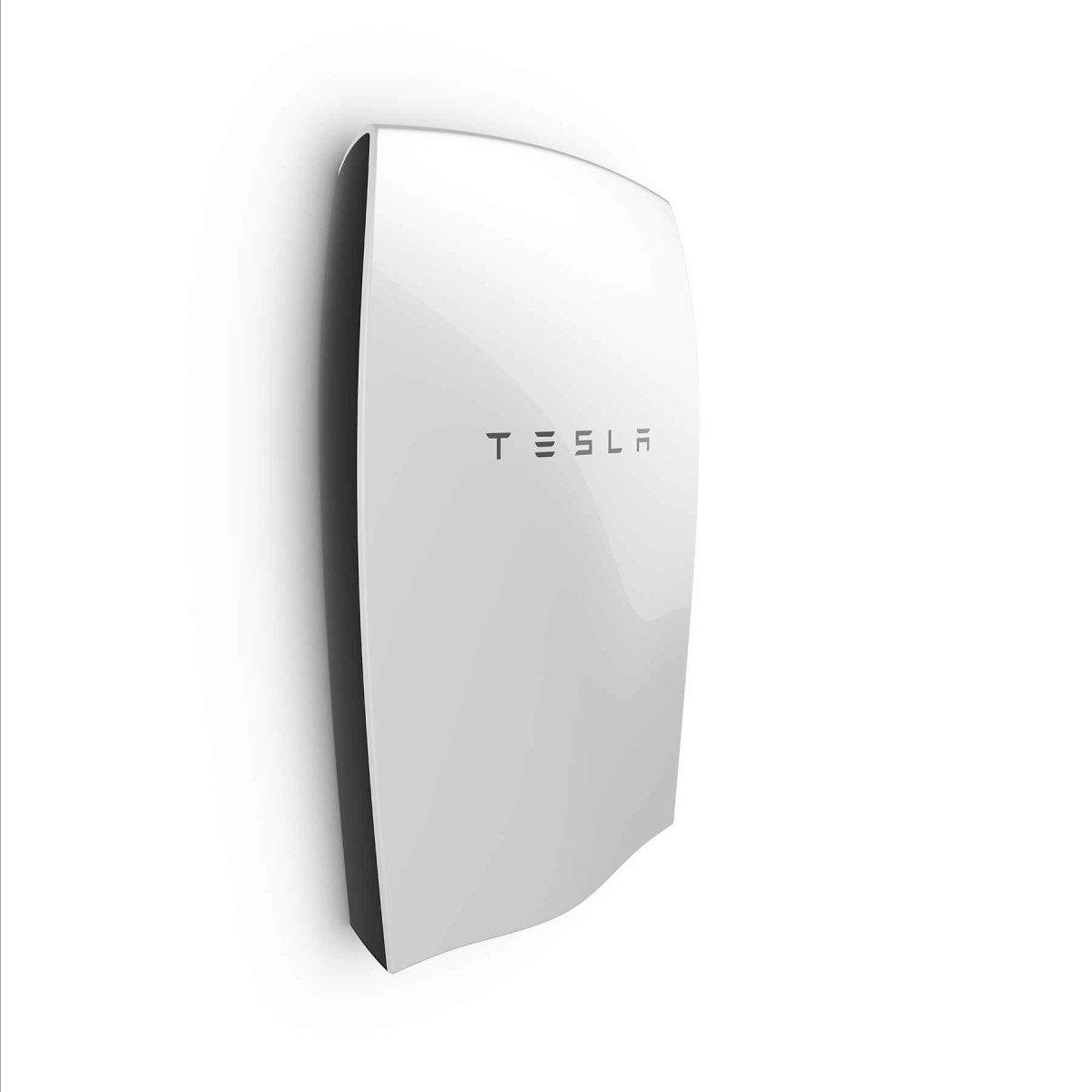
Tesla's Powerwall battery will provide backup power and help owners of photovoltaic systems even out power consumption from the grid.

